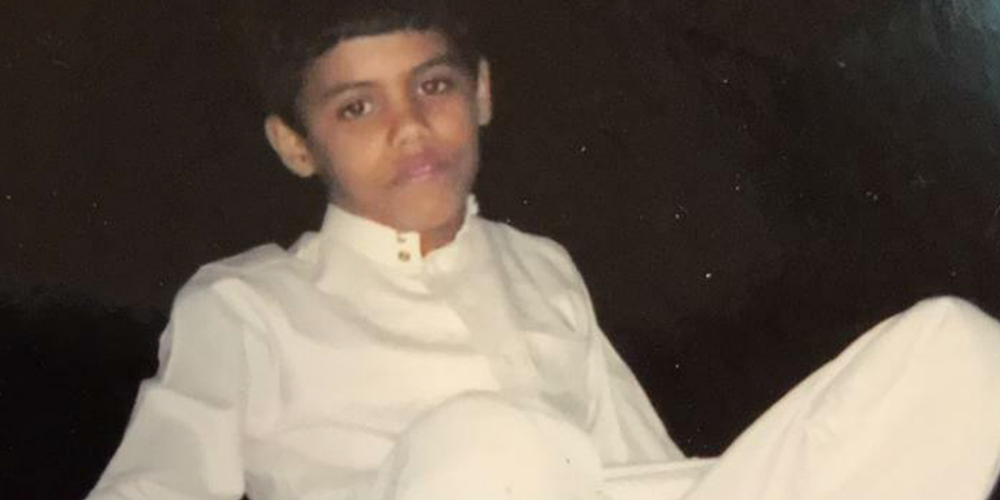The Justice Secretary announces sweeping changes to the act
It has been a long term ambition of some Conservative politicians to either abolish or seriously curtail the HRA. In 2006 David Cameron said he wanted to scrap the HRA and replace it with a British Bill of Rights. The Justice Secretary, Dominic Raab, wrote a book The Assault on Liberty: What Went Wrong with Rights which we earlier reviewed, which set out his arguments. We suggested there that the reasoning was flawed, feeble and far from historically accurate. Along with three other members of the current cabinet, he contributed to Britannia Unchanged with its much quoted derogatory remarks about British workers who were alleged to be the laziest in the world. There is footage of him saying ‘I don’t support the Human Rights Act and I don’t believe in economic and social rights’.
The Conservative position has received much support in the right wing and tabloid press. Articles regularly appear which assert the act is used to give succour to terrorists, foreign criminals and – most famously – reporting Theresa May’s claim that it was a cat which stood in the way of the deportation of a Chilean national. It wasn’t. Some of the stories are gross exaggerations. Raab even quotes the story of a man in a siege demanding a Kentucky fried chicken because it was his ‘human right’ despite admitting it was not the reason: it was just normal police practice to help defuse a tense situation.
The many benefits the act has brought to the lives of ordinary people are rarely mentioned. Even when, in cases like the Hillsborough disaster, or the events at Deepcut, the act was central to securing justice for the families of those who died, that role is omitted from the coverage. The act has been used in countless cases to secure rights for individuals in their relations with government agencies and local authorities. Its provisions are built into every day provisions in those organisation’s activities.
Review
In December last year the government established a review of the HRA and this was published on 14 December 2021. In short, the Review does not call for substantial changes to the act and argues that it is a good piece of legislation. The ‘vast majority of submissions [were] in support of HRA’ and they argue that ‘more needs to be done to dispose of the negative perceptions of the HRA (paragraph 14). They go on to argue for a ‘stronger focus on civic, constitutional education on the HRA and rights more generally’ (15).
They discuss the ‘margin of appreciation’ that is the degree of subsidiarity and the degree of latitude we have to interpret the law and conclude there is no need to change the current arrangements (26). They were struck by ‘a high level regard in which the UK Courts and Judiciary are held by the ECtHR and the beneficial influence this has, both domestically and for the European Court’ (35).
It would seem that the decision to make a sweeping overhaul was not informed by the Review but was a decision already decided on
The Justice Minister announced sweeping changes to the HRA in a statement before the Review was published. The changes will counter ‘wokery and political correctness’ he claimed. It is difficult to reconcile the results of the Review with the statement by Mr Raab of the need for radical reform. It would seem that the decision to make a sweeping overhaul was not informed by the Review but was a decision already decided on.
If we take into account the other bills before parliament: the Police, Crime, Sentencing and Courts bill and the Judicial Review and Courts bill, they represent, together, a serious attack on our liberties. The ability of ordinary people to assert their rights, to protest or to correct injustice done to them will be seriously curtailed. There is also a proposal to introduce a ‘permissions stage’ before someone can argue their case in court. The right to a family life (art 8) may be removed altogether. As the chief executive of Amnesty International has argued ‘if ministers move ahead with plans to water down the HRA and override judgements with which they disagree they risk aligning themselves with authoritarian regimes around the world’.
In the last few months, we have seen serious failings by those who are meant to look after us. Serious police shortcomings and allegations of institutional racism have been made. The abysmally low level of rape cases which result in successful prosecutions. Serious failings in childcare with the tragic deaths of some small children. There have been failings within government too numerous to itemise. Far from a reduction in the means of redress, we need an increase. Yet the government seems determined to curtail our rights based on false assumptions and a desire for populist support.
It is likely the Salisbury group will be focusing on these assaults in its future campaigning.

